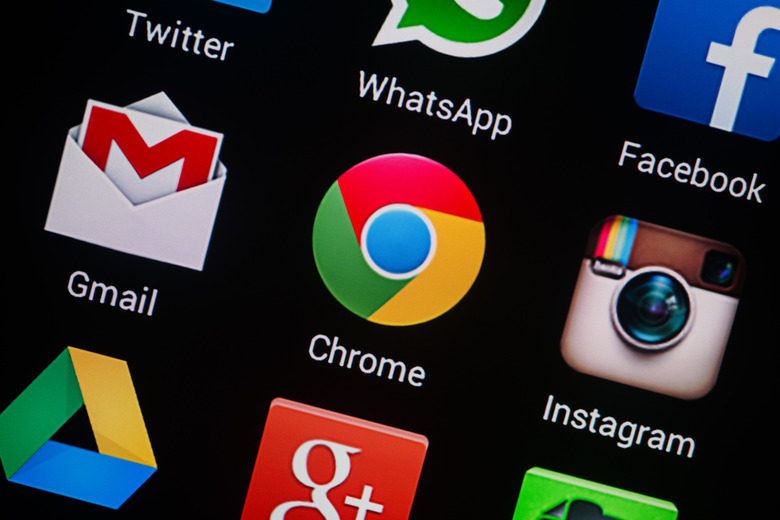Record-Breaking Fine Expected This Week Could Put Google's Business Model At Stake
European regulators are expected to hit Google with a multibillion fine on Tuesday or Wednesday, an announcement that's being closely watched not because of the anticipated size of the penalty — Google basically prints money at this point, so it will be able to easily absorb the blow. What's really at stake is whether the EU uses the fine to force changes in the way the search giant does business.
The penalty coming this week is a product of Google's longstanding policy of requiring Android device makers to set Google's own search and web browsers as the default offerings. European regulators could fine Google as much as $11 billion if they wanted to, but while the fine is not expected to be that high, it is expected to top last year's $2.72 billion antitrust penalty against Google for unfairly ranking its comparison-shopping service over similar offerings from rivals in search results.
The reason this week's fine will likely surpass that amount is because the the probe that brought regulators to this point was much more expansive. At issue are the rules Google binds phone makers to if they want to use the company's Android operating system, and how far European regulators might want to go in possibly forcing Google to level the playing field. Making it easier for smartphone makers, in other words, to choose what apps they want to pre-install on devices.
In a blog post, Google general counsel Kent Walker defended the company's position by explaining that distributing products like Google Search together with its Google Play app store "permits us to offer our entire suite for free — as opposed to, for example, charging upfront licensing fees. This free distribution is an efficient solution for everyone — it lowers prices for phone makers and consumers, while still letting us sustain our substantial investment in Android and Play."
A Reuters report out today, meanwhile, speculates that anyone hoping regulators use this week as a chance to take Google down a peg may end up disappointed. Specifically because, well, it's probably too late at this point.
The piece quotes Richard Windsor, an analyst at research company Radio Free Mobile. Google is too entrenched, he explains, a reference to realities like Android boasting a more than 75 percent market share in four of Europe's five biggest regions, according to Kantar Worldpanel.
Which means, Windsor continues, that users in Europe are now "completely accustomed" to using Google services — and even prefer them.
"Hence, I think separating Google Play from the rest of Google's Digital Life services would have very little impact as users would simply download and install them from the store," Windsor said.
